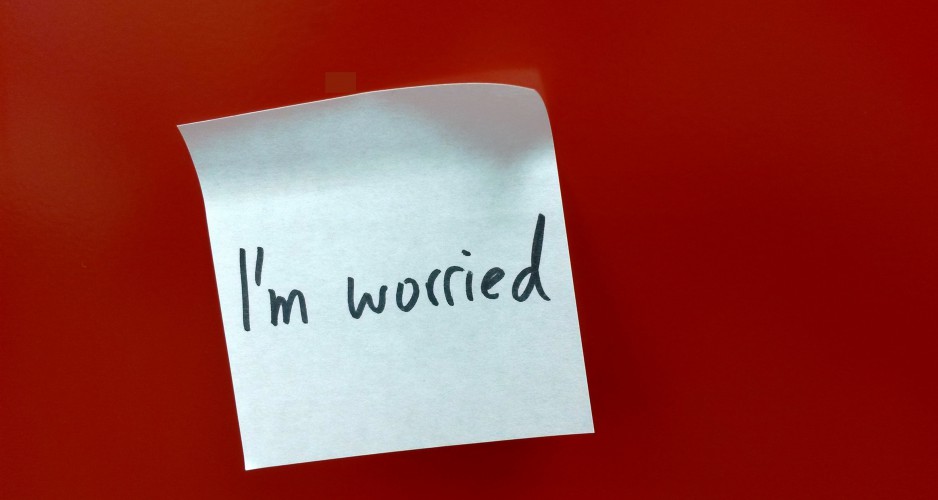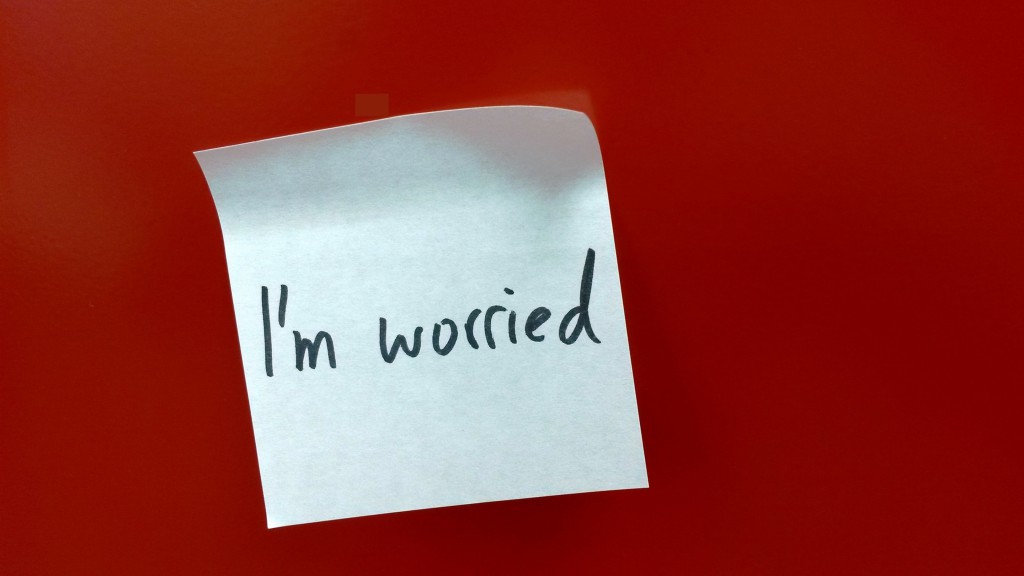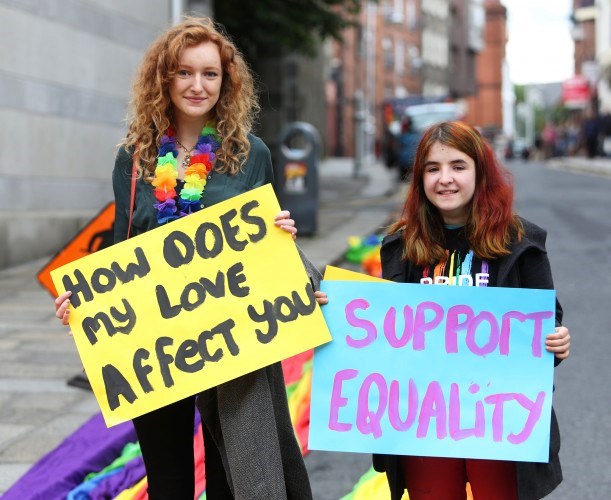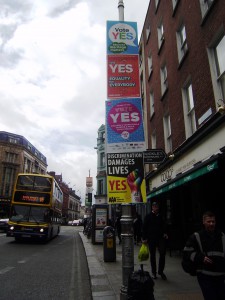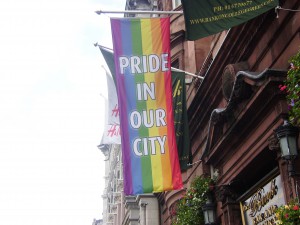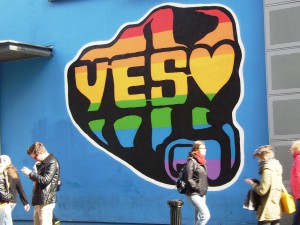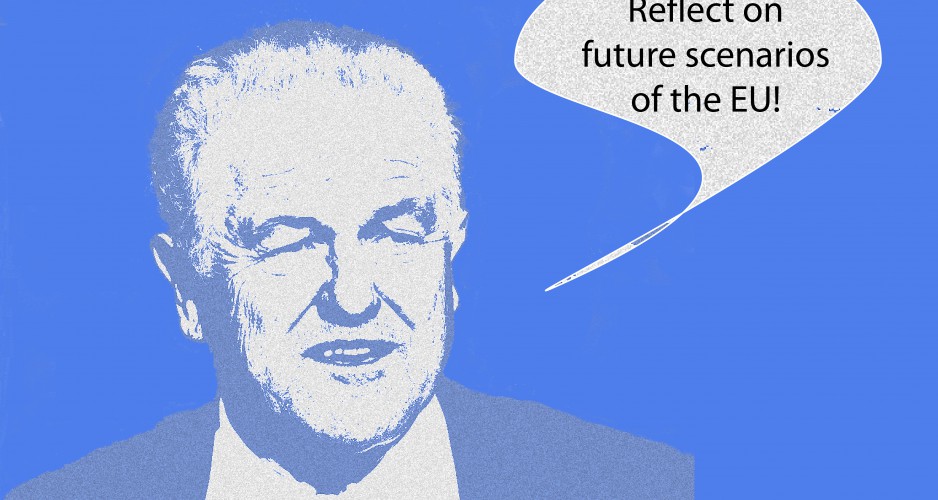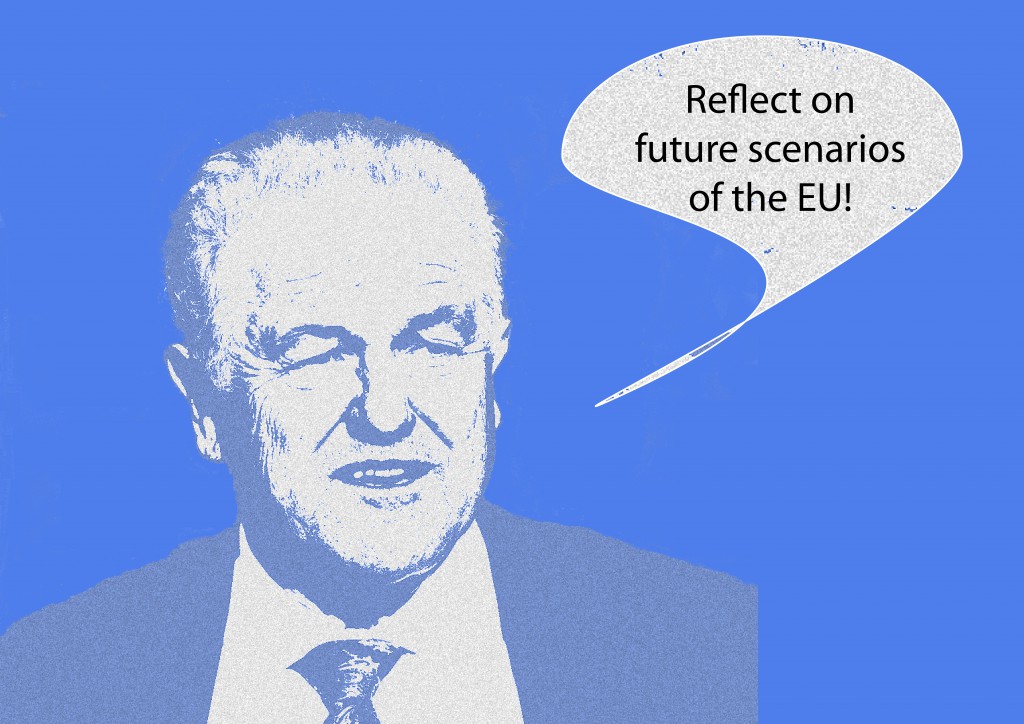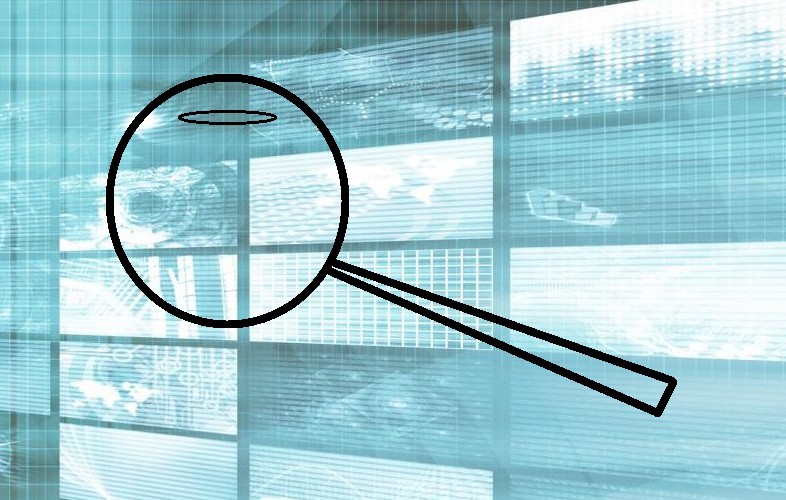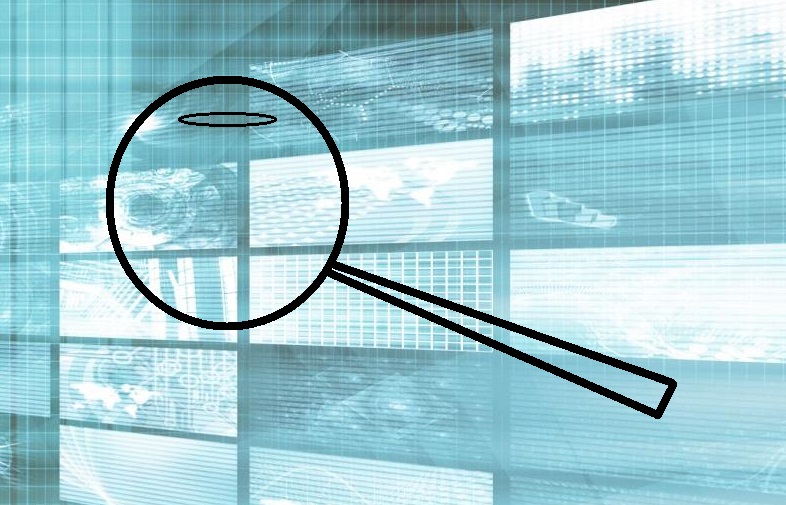The picture of three-year old Aylan from Kobanî (Syria) haunted people all over the world this week. The image of a little, innocent boy rejected by a European super power struck everyone. Full of hope, probably with horrible war memories from back home, Aylan was escaping his past in the hope of a better future.
We all know how the story ended. There is no more hope for Aylan having a better life. His dead little body was found at the shores of Turkey.
Has now the time come that we Europeans finally wake up? A time when we realize that we have to act in solidarity? A time when action counts more than words?
A certain hypocrisy has been prevailing in Europe. A mood that we have to help refugees is certainly present, however, concrete action, particularly by individual states is still lacking. We cannot ignore the boats that sink in the Mediterranean Sea almost every day, drowning with them the lives, stories, potential and dreams of hundreds or even thousands of migrants.
Isn’t it hypocritical of the world’s leaders to ask for solidarity from their citizens but not providing for enough initial reception centres for asylum applicants, or making sure that the applications for asylum are being processed more quickly?
Just as an example: Pope Francis has been urging for international action on migrants for months. However, how many refugees are sheltered in Vatican City? Shouldn’t a surface of 44 hectres offer enough space to accommodate a certain amount of people in need? Is Christian preaching just valid for others? Shouldn’t the clergy know what escape and oppression means?
Nonetheless, it is overwhelming to witness the solidarity and help by the people. More and more initiatives are growing, more and more people are volunteering throughout Europe. Pensioners accompany refugees to the authorities. Young adults give language classes. Families arrange play dates with migrant families. Children donate their toys. The civil society is trying to stand up for what politics do not manage so far: trying to welcome refugees and making their lives a little bit brighter.
Thank you to all those who believe and act in accordance with humanity. May their voices and action always be louder and more visible than of those who ignorantly promote hate and discord.
About the author:
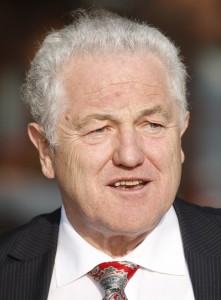 Prof. Dr. Manfred Pohl is the Founder and Chairman of Frankfurter Zukunftsrat, the think tank that organises “My Europe”. more…
Prof. Dr. Manfred Pohl is the Founder and Chairman of Frankfurter Zukunftsrat, the think tank that organises “My Europe”. more…

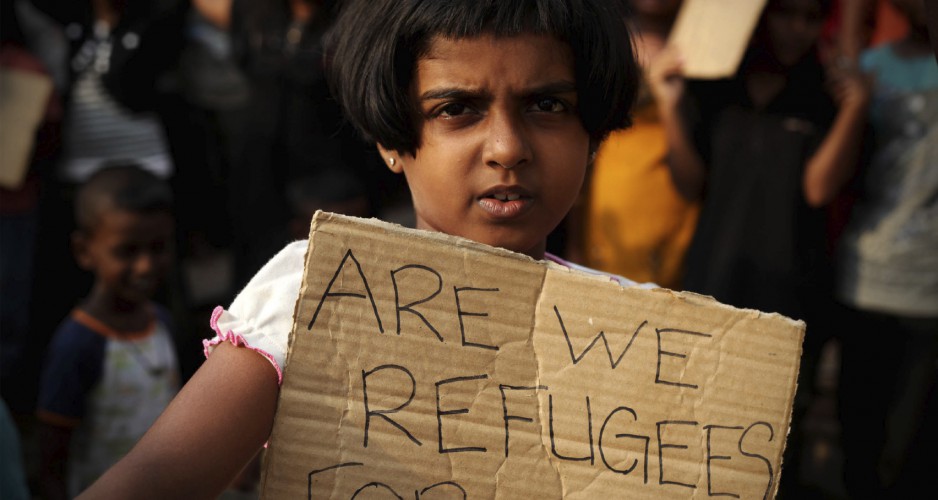
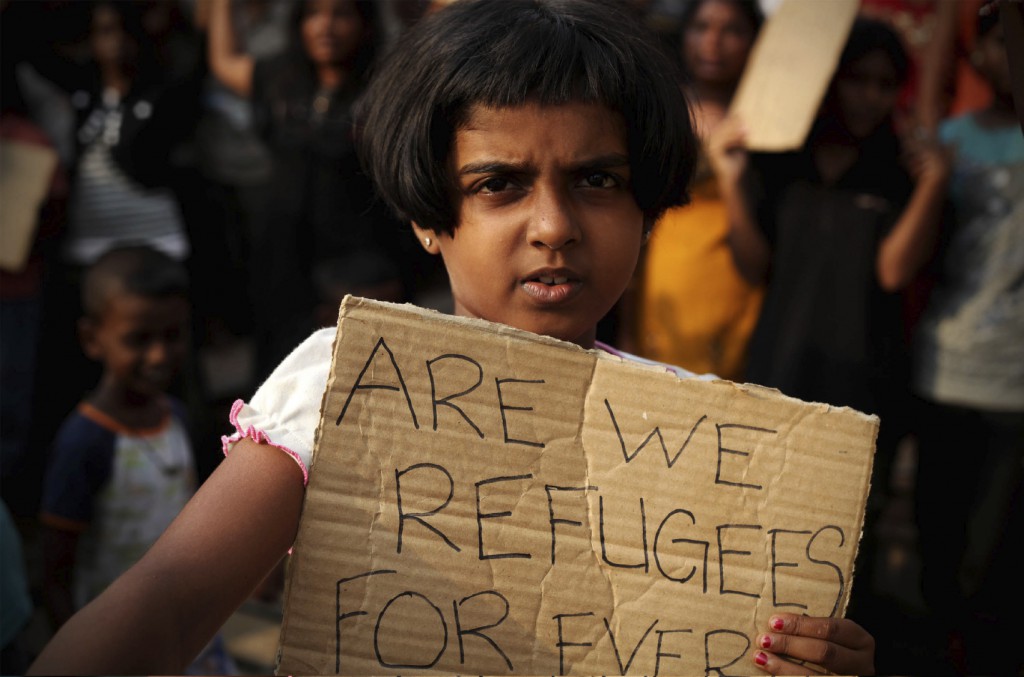
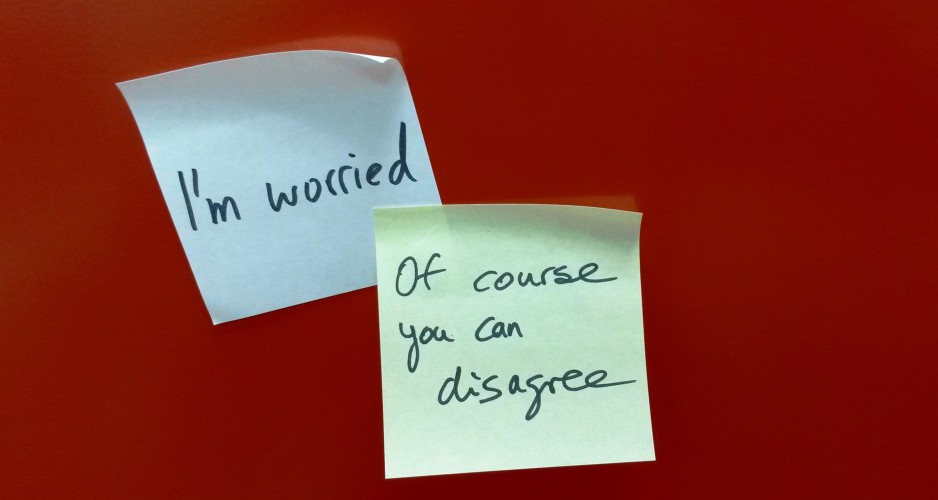
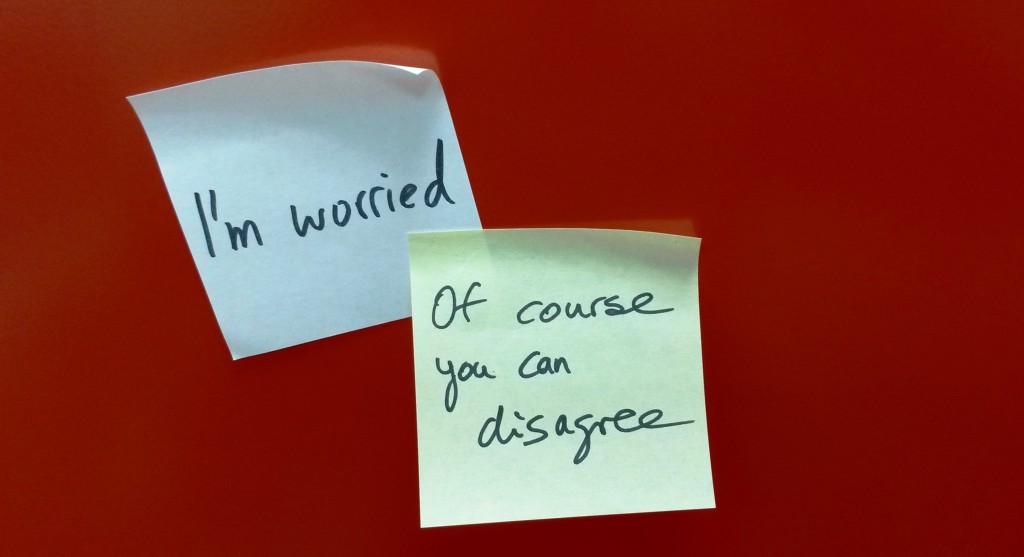
 Teresa Fernandes
Teresa Fernandes